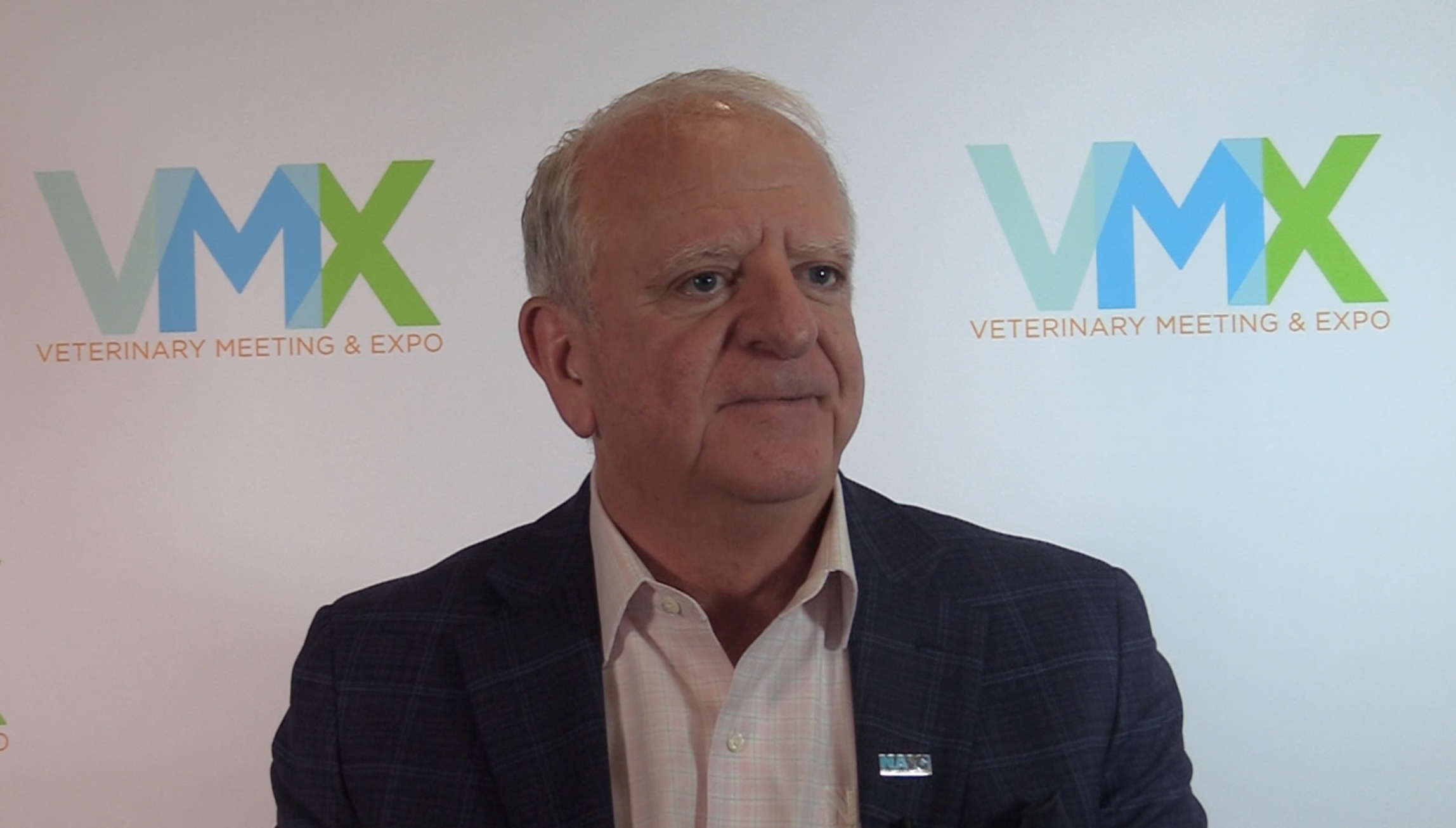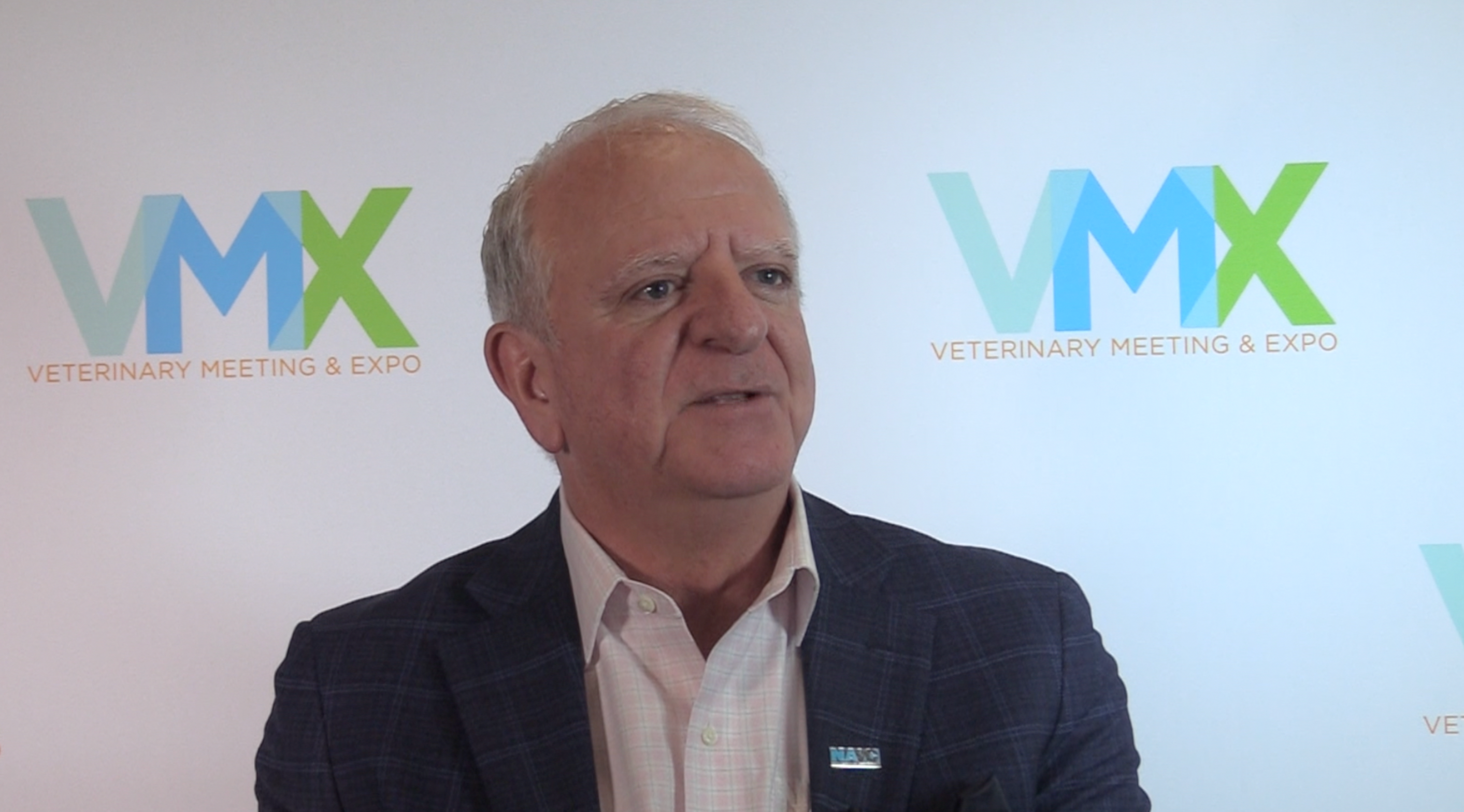Waging a tax revolt
National Report - California legislators may decide by mid-January the fate of a proposed 10 percent veterinary service tax that has outraged veterinarians and pet owners.
National Report — California legislators may decide by mid-January the fate of a proposed 10 percent veterinary service tax that has outraged veterinarians and pet owners.
The tax has been accused of being discriminatory, targeting only animal medicine, creating public-health risks and maybe increasing the state's already more than $250 million annual cost of caring for abandoned pets.
It's impossible to put a dollar amount on the loss veterinarians could face if the proposed 10 percent veterinary service tax is imposed. And a lawsuit claiming discrimination would be fruitless, says California Medical Association (CVMA) Executive Director Valerie Fenstermaker. But CVMA lobbyist Michael Dillon says he is working hard to convince legislators that the burden of a 10 percent increase to vet bills may be too much when clients are already stretched so thin.
Yet as states find it harder to make ends meet, some, like California and now Wisconsin, are looking at the pet market to help build revenue, and veterinarians in other parts of the country are wondering if they're next.
California Gov. Arnold Schwarzenegger's proposal to add the veterinary-service tax to help reduce the state's deficit — now estimated at $40 billion if action isn't taken soon — isn't sitting well with veterinarians. The proposed tax, combined with other extended taxes on shoe and furniture repairs and entertainment, is estimated to bring in about $357 million.
But a grassroots protest originated by the CVMA has been making headway, with one veterinary clinic alone collecting 500 letters from clients to send to local lawmakers, says Dillon.
"We have had some positive feedback. Sen. Ellen Corbett (D-San Leandro) came down [after a subcommittee hearing] and said that CVMA's testimony was the best presentation she heard that day because it made it clear what the impact of extending the tax to veterinary services could be," Dillon says. "We're cautiously optimistic that we'll be able to defeat it, but we're going to continue our efforts just because the budget crisis here is so bad that we don't want to take anything for granted."
The proposal being eyed in Wisconsin is similar — a 5 percent veterinary-service tax — to help close that state's projected $5 billion deficit.
"We understand that those across the nation are probably watching, I suppose, to see if there's trend toward this type of taxing," says Kim Brown Pokorny, executive director of the Wisconsin Veterinary Medical Association.
A formal proposal hasn't been introduced yet in Wisconsin's Legislature, but the nonprofit, nonpartisan statewide policy research and community education group, Institute for Wisconsin's Future, has put the idea of the veterinary-service tax out there, and Pokorny says it's getting some attention. The group, which has proposed 36 different tax reforms, suggests taxes on "personal services" like veterinary care could bring in about $90 million statewide. Other reforms include eliminating the marriage tax credit and increasing other business-service taxes, but there are no proposals to tax human medical services.
"Our governor is proposing a hospital tax, but as far as health-care services or those parallels, those are not being recommended at this point," Pokorny says. "We follow the same laws and regulations as other health-care providers. We should be treated the same."
Pokorny reached out to Fenstermaker for advice, knowing if the idea moves to a formal bill, grassroots efforts by veterinarians and pet owners may help head off the tax increase.
Fenstermaker's CVMA members already have helped initiate opposition in California, where she says the response from veterinarians, clients and professions linked to animal care has been overwhelming. There's no way of knowing the exact impact of the prosed tax, adds Fenstermaker, saying its scope and what services would be taxed remains unclear.
"To us, it seems like the impact would be huge, but we don't really have any numbers to figure that out right now. Veterinary medicine is not a product you can slap a sales tax on," Fenstermaker says.
If the tax were to pass, Fenstermaker says she doubts the CVMA could pursue any legal action on grounds of discrimination, but says clarification would be needed from the state, and the CVMA would do what it can to make sure the tax is only a temporary solution to the budget crisis.
But Californians still are waiting to hear their fate, with legislators meeting in special session to find a solution to California's financial woes. CVMA testified at a Senate Budget Committee hearing Dec. 12, voicing opposition to the tax proposal.
So far, Fenstermaker says the tax hasn't appeared in Democratic or Republican budget proposals, only in the governor's. But with the special session having been called Dec. 1, Fenstermaker says the Legislature has only 45 days to present a new budget plan to replace the governor's.
Democrats approved an $18 billion stimulus package Dec. 18 that includes budget cuts and tax increases, but no mention of the veterinary service tax. Gov. Schwarzenegeer, however, has vowed to reject the bill and plans to call yet another special session. Republicans also have offered a proposal consisting of $19 billion in state cuts with no tax increases.
"They really need to come to a decision because every day that goes by, we get in a worse situation here," she says.
"But we just have to wait and see what happens."
Though three states – Hawaii, New Mexico and South Dakota – have taxed veterinary services for years, recent initiatives to add the tax in other states have been held off. Michigan defeated a veterinary-service tax proposal last year, and Pokorny says Wisconsin was able to avoid the tax being added in 1991.
But the current economic atmosphere is making it more difficult for states to turn their backs to the veterinary cash cow.
"We all get concerned in states when these types of things happen, because when it passes in one state, it seems to be a good idea to other states," Fenstermaker says.
The American Veterinary Medical Association (AVMA) hasn't heard about any such proposals in other states, but Adrian Hochstadt, AVMA's assistant director of State Legislative and Regulatory Affairs, says he is advising state associations to be on guard.
"State veterinary medical associations need to be vigilant about identifying and defeating such ill-advised measures proposed as quick fixes to a budget shortfall," he says, adding in the concerns shared by Pokorny and Fenstermaker that a sudden increase in veterinary-service costs could result in an increase in abandoned or neglected pets.
Wisconsin's Legislature was to return to active session Jan. 5, but Fenstermaker says she expects a decision on the California state budget will be made by early to mid-January.
To stay informed on veterinary-service tax issues, visit www.dvm360.com and search for "veterinary service tax."










